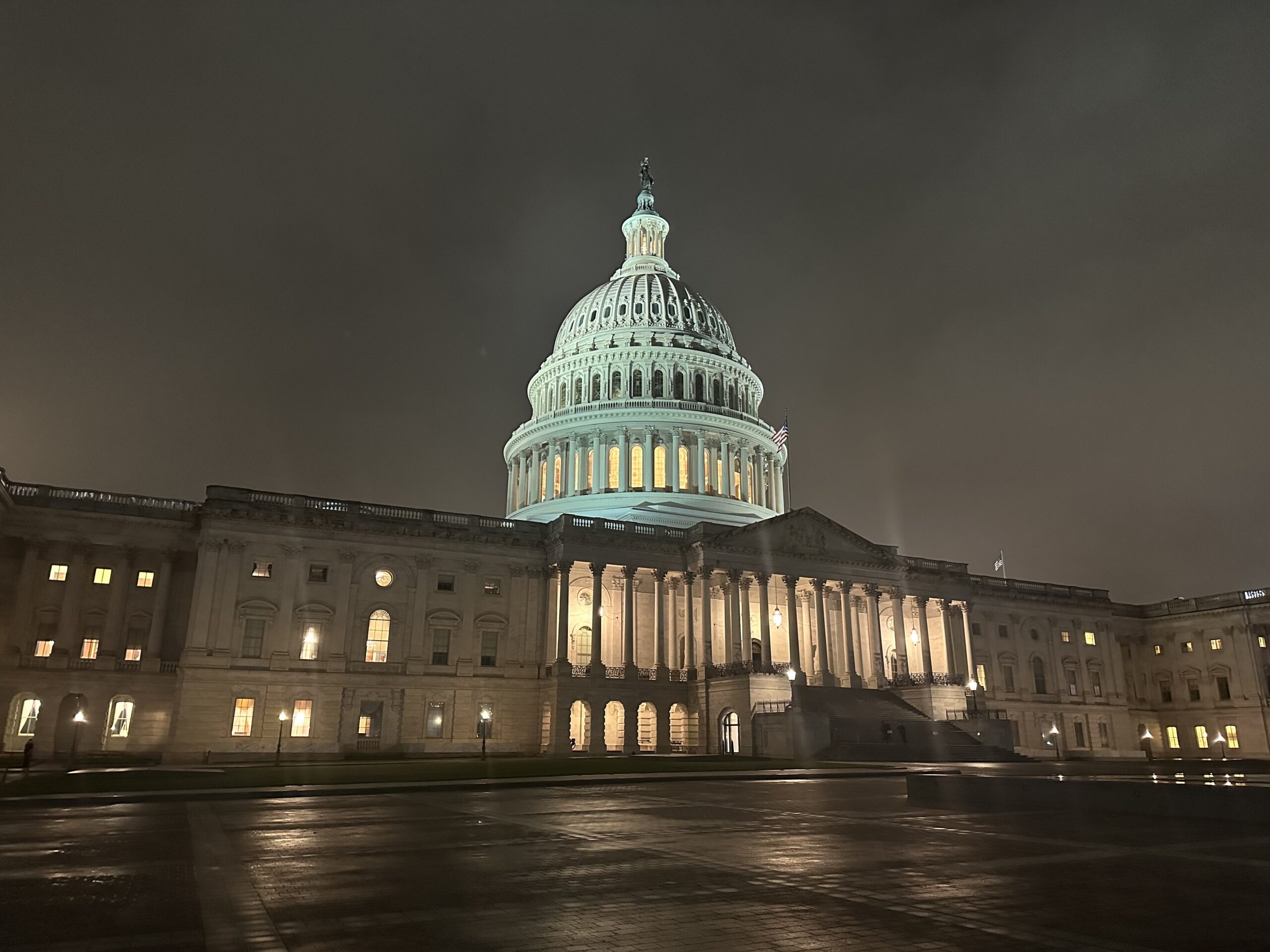
The House voted 222-209 Wednesday to approve a stopgap spending bill that will fund the government until Jan. 30 with a loose promise from the GOP that Congress will negotiate on healthcare once the government reopens.
The continuing resolution (CR), alongside…